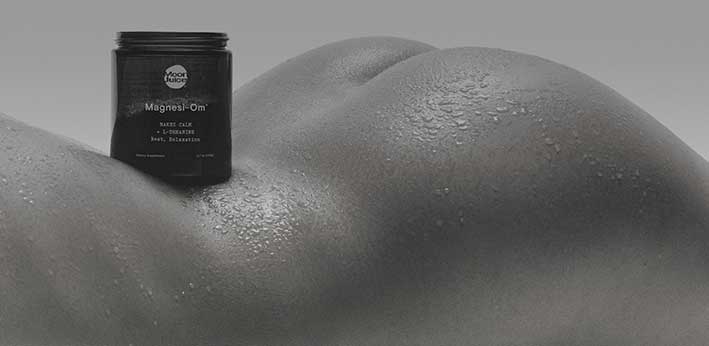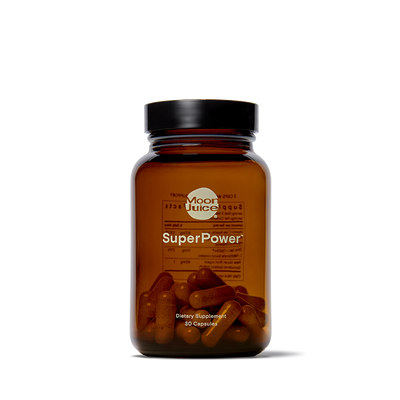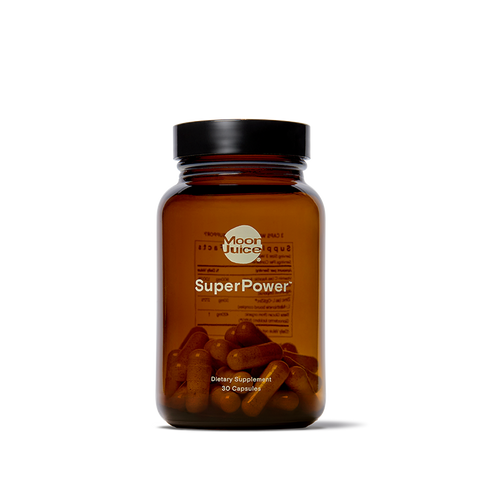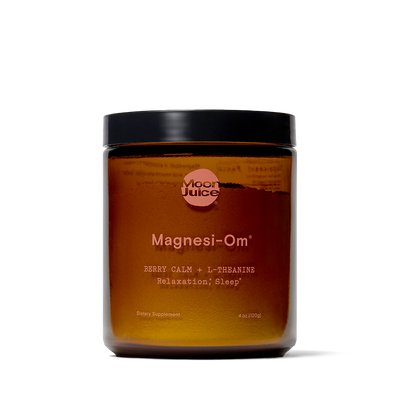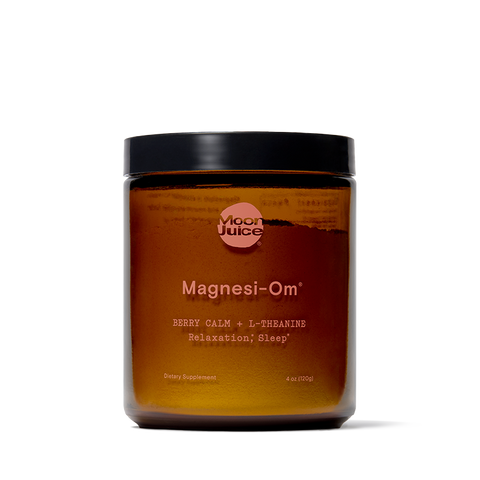“For my at home kit, there’s two parts. For the first part, is there anything at baseline we can do or give to our child to help build up their immune resilience so that either they're less susceptible to getting sick or when they do get sick, they can bounce back a little bit more quickly? We want a solid foundation. We want a foundation of concrete, so that when an earthquake comes, it doesn't topple over. We don't want to build our house on sand.
So that foundation, of course, starts with gut health. Even apart from supplements, just knowing what things can harm your baby's or child’s gut microbiome and what things can help is really important. The most harmful things that we want to try to keep out of our kid’s diets? Number one that’s most common, in our ultra-processed world, is all of these food additives like artificial dyes and colors and emulsifiers that keep our packaged food from becoming a goopy mess. Those directly harm our gut microbiota and can directly cause something called leaky gut. For some, it's feasible to do 100% from scratch — breakfast, lunch, dinner, and snacks — and that’s amazing. For many, we live in a world of convenience, so you want to be really savvy about reading the labels and making sure you keep those microbiome mischief makers out and make healthier swaps.
I was just talking with some families about Takis. They’re these rolled corn, fiery chili lime rolled tortilla chips, there’s artificial yellow, artificial red, all these preservatives. So what’s the next best swap? You could buy Trader Joe’s rolled tortilla chili lime chips, and even better would be the Paqui chili lime. So just look at the ingredients. General rule of thumb is that if you can't pronounce it or you have to Google what it is, don't buy it.
Second part of the toolkit is to support your gut microbiome with fiber. Most of us don't get nearly enough fiber from legumes, whole foods, and vegetables. And many of our kids are not the most varied eaters. So what supplements do I give to support immune health? Number one is Vitamin D. It's most important to support immune health, brain health, and immune resilience. Most kids and adults are Vitamin D insufficient or outright deficient, so that is one of the supplements I'm the most consistent about for my kids, myself, and my husband.
The other supplement that I will also give to my kids and what I recommend to my patients is Zinc. The top common nutritional deficiencies in kids are Vitamin D, Zinc, Magnesium, and Omega-3’s. So guess what? Those are the ones I have to supplement with. Vitamin D and Zinc for immune health, it also improves palate and appetite. For your picky eaters out there, it can do wonders. And Omega-3 fish oils. We are so deficient and fish oils are so important for a healthy, balanced immune response so that you don't have too much inflammation and you also don't have not enough — just enough to fight the infection and then turn it off when the infection is gone.
“The top common nutritional deficiencies in kids are Vitamin D, Zinc, Magnesium, and Omega-3’s.”
And then probiotics. There are a couple of strains of probiotics that have been shown to reduce the frequency and duration of colds and fluids in the wintertime and reduce the number of days missed from school and work. Wouldn't that be amazing? So that's kind of a baseline. That's what we take regularly, at least over the winter.”
Sign Up, Nerd Out
Get wellness tips, education, and recipes
delivered straight to your inbox.
Get wellness tips, education,
and recipes delivered
straight to your inbox.
Want more? This is an excerpt from a longer convo with Elisa Song, MD — listen or watch here!
